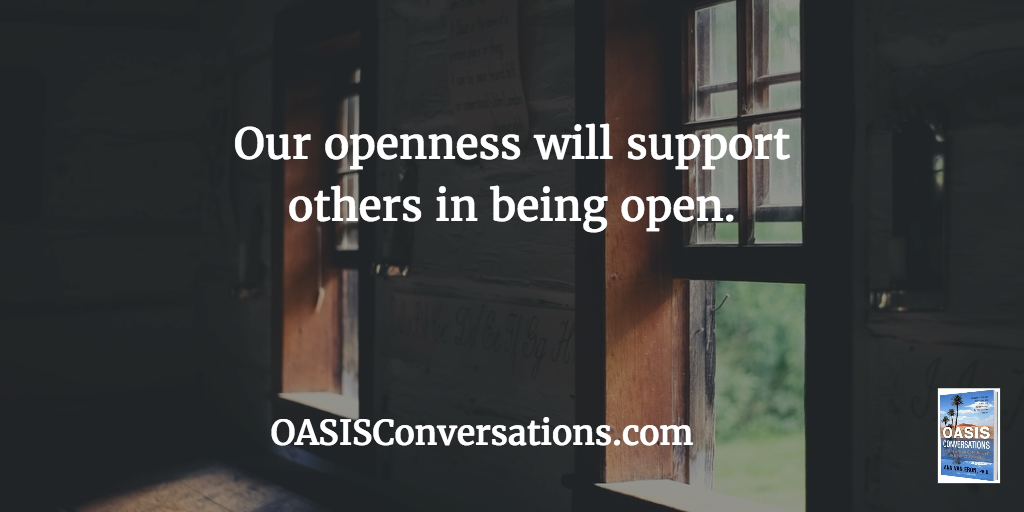
Alice always sees what is going wrong or what can go wrong. While she is a bright and interesting person she feels alone. She has alienated people with her negative disposition. When I asked her to share a few things that are going well she said she would need time to reflect since she habitually saw the negative.
We all have habitual patterns that are so automatic that we don’t see or believe that we have a choice. At one point it had served Alice to see what could go wrong. She was able to anticipate and prepare. This served her greatly in her early childhood where she could ask for what she wanted and get the help she needed and also in her career—to a point. Her early bosses knew that she was reliable and she would produce impeccable reports. However, as she progressed in her career her negativity and pressure to have things a certain way caused her to turn people off. She failed to perceive that her negativity is what caused people to not want to work with her. Instead, she tended to think that it was the others who were not bright, capable or as hardworking.
I worked with Alice to build another path. Her well-worn neural pathway of negativity activated her amygdala and caused her to react with anxiety and employ fight and flight strategies. When she noticed her contraction she could use it as a signal to shift to another pathway and look for what was positive and what she appreciates in the moment. In addition, she reflected each day on what she was grateful for. This was not an easy new path to develop but after a short time she learned how to make the shift and activate the polyvagal nerve which released oxytocin. Literally, a different part of the brain is activated and she experienced more ease and relaxation.
Over time, Alice reported a better quality of life with more positivity and greater connection. We all have habitual patterns where we can learn new paths for greater well-being. And our well-being influences those around us.
What new pathway can you begin developing today?


